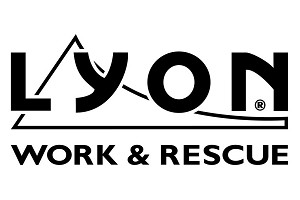In reply to RoCkStAr: CaCO3 is a weak alkali, and I think MgCO3 is a slightly less weak one (that's why it's used - dissolves better, and allows the chalk to be washed off quicker).
Obviously, there would be no ecological effect from the chemistry in limestone areas.
No knowledge of sensitivity of other biospheres, but I would expect the mechanical erosion from the hands and feet to be more significant than the chemical weathering from chalk. Exceptions may include areas that are damp and warm, but have little flow of water - chemical reactions are facilitated, but the reagent is not diluted and dissapated.
A starting point may be establishing the acid/base properties of the rock suite you are interested in, and (as mentioned) the significance of organisms in the suites (and if organisms are important to you exact question.) E.g. rocks with significant sulphide content may be affected significantly, while quartz- and carbonate-rich rocks wouldn't be.
